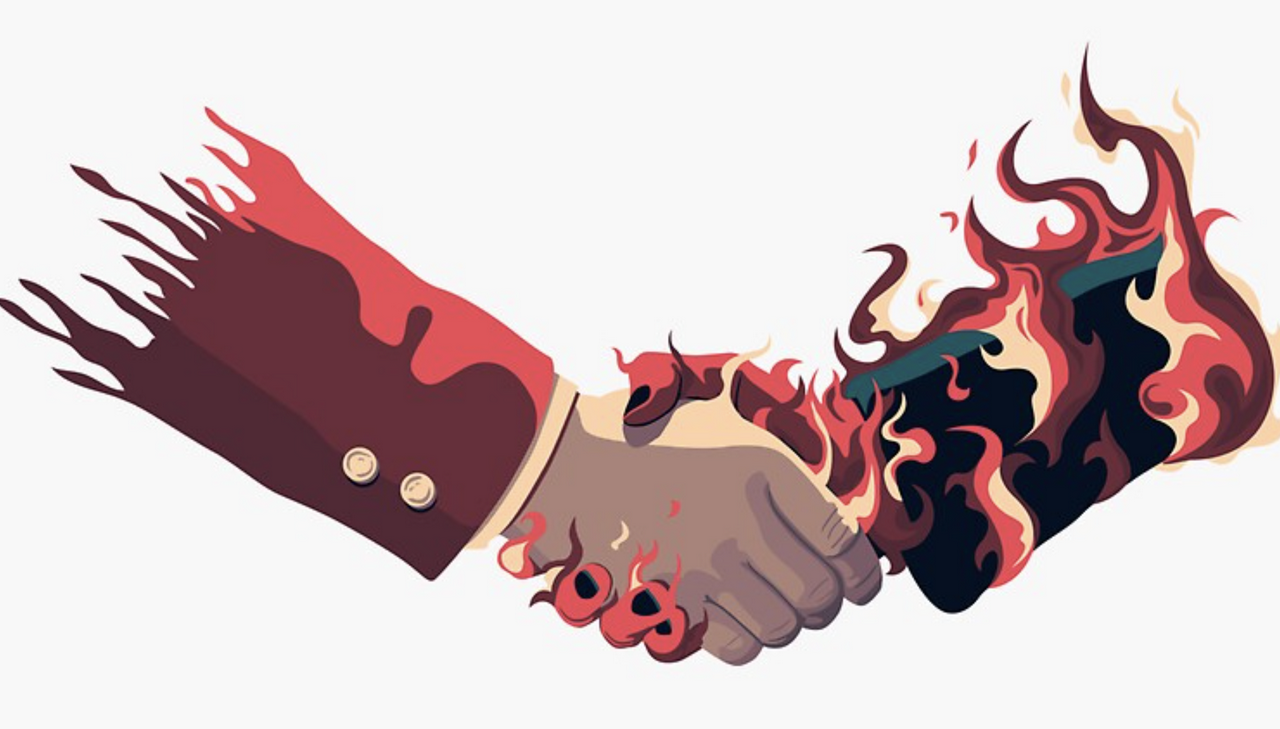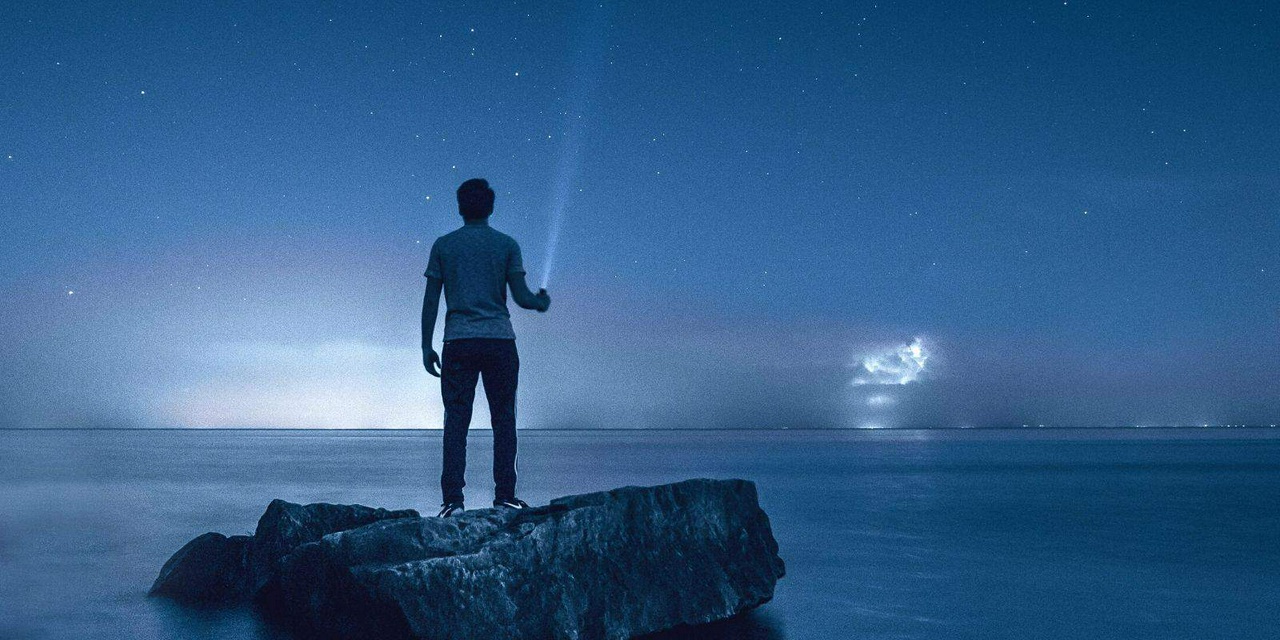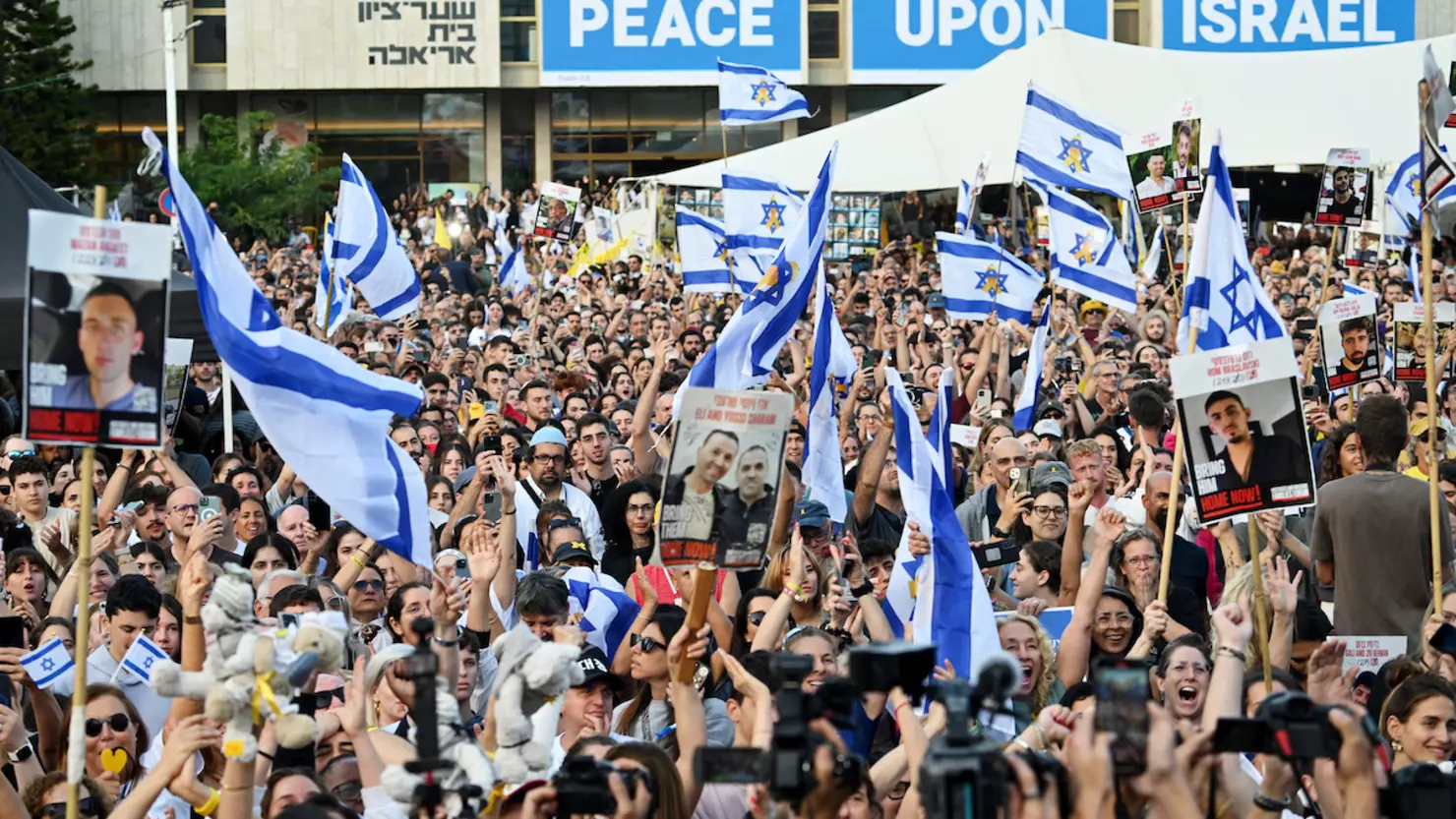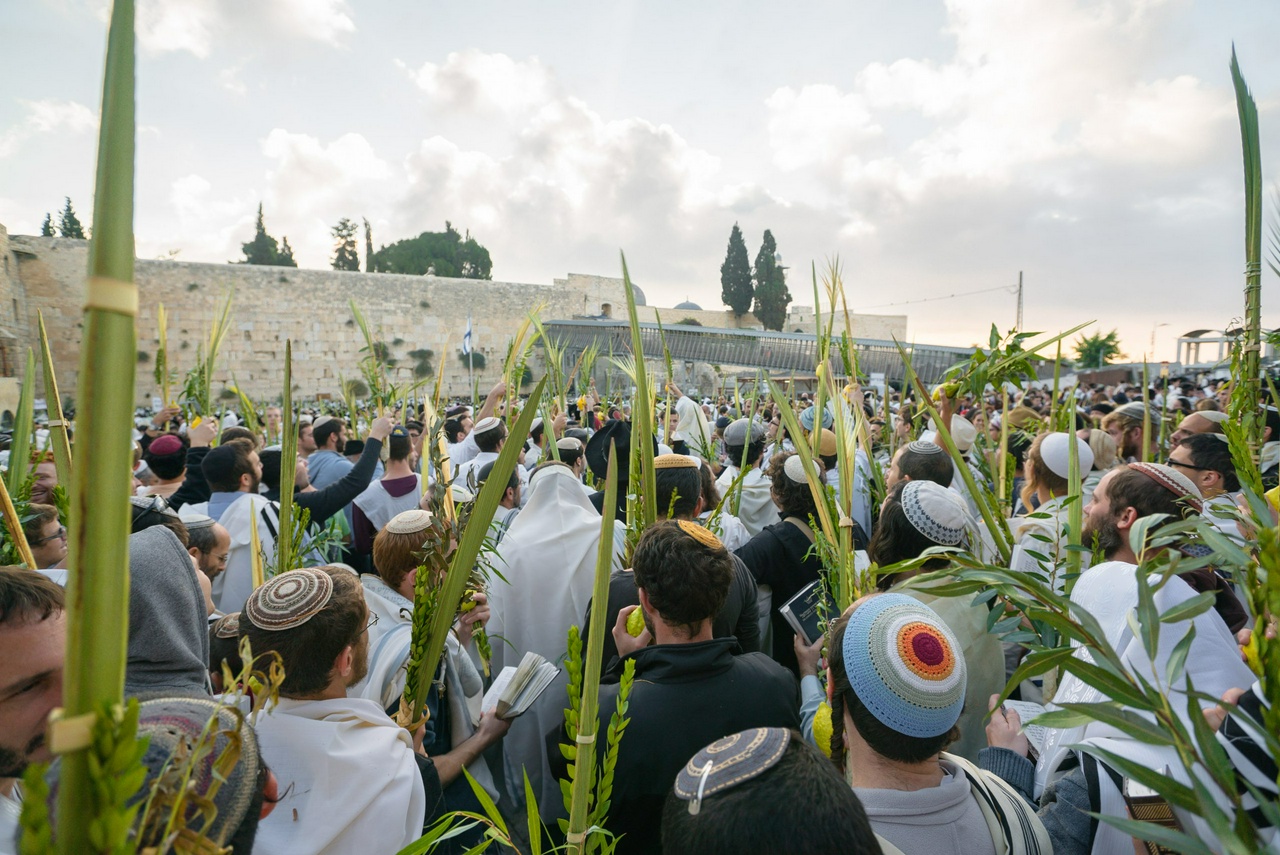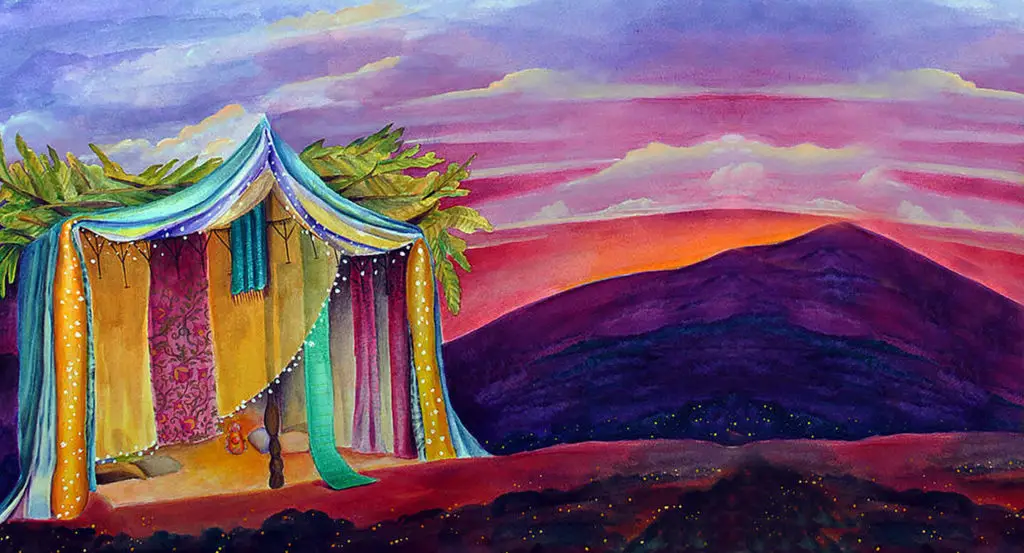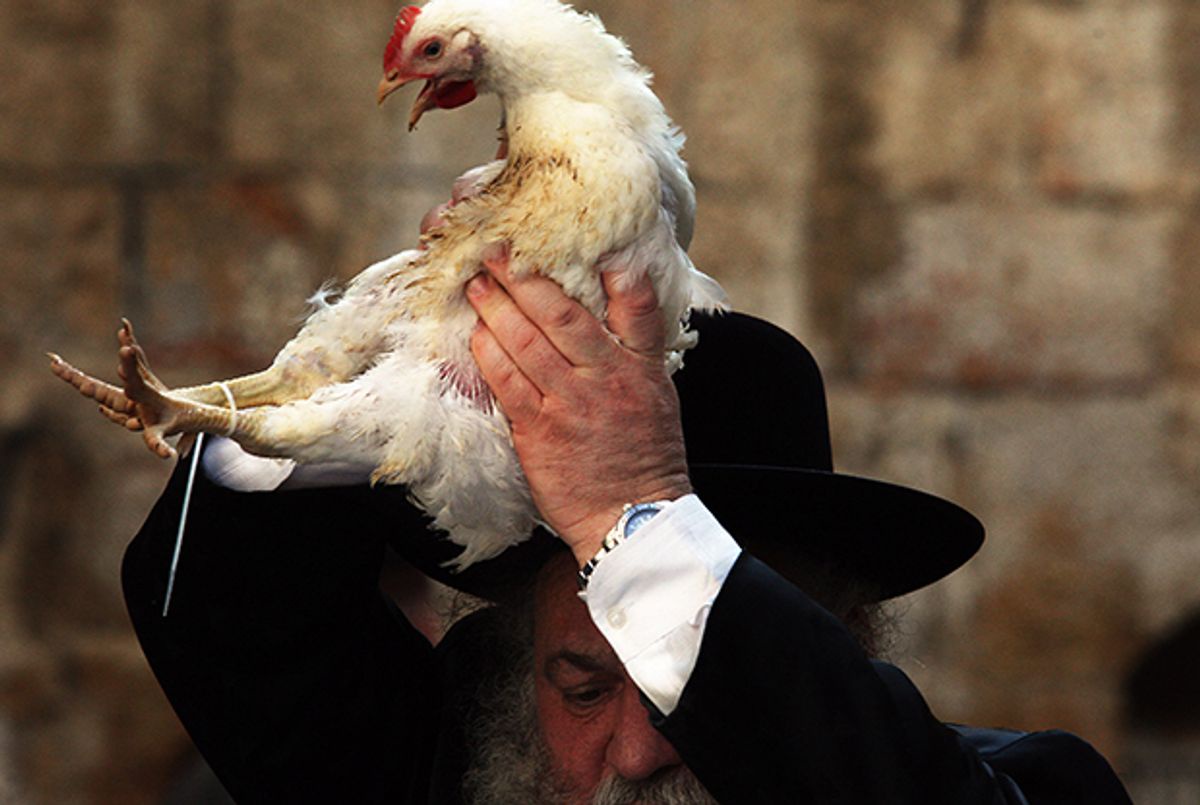Convenience is a Scam

Around this time of year, unrelentingly, the same event unfolds almost daily: A random car or truck pulls up by your driveway. The bell rings. A package is flung at the front door. You look around wondering “did anyone order anything?” More often than not, you tear open the tape only to discover “Oh yeah, that was mine...”
The ubiquity of delivery trucks everywhere tells me that I’m not alone, in this experience, and my guess is that we’re not the only family suffering from some Amazon-induced-amnesia.
And this week, it only gets worse.
With all due respect to the upcoming festival of gratitude, somehow, Thanksgiving has remained confined to a single day. The Yom Tov of Black Friday, however, seems to have spread its wings for weeks and weeks, both before and after.
Of course, there are obvious financial issues with our behavior: It’s far too easy to spend money. The ease with which we can order, pay and receive almost anything is as amazing as it is frightening.
This is no accident. It’s well known that teams of the best psychologists, designers and software engineers are working tirelessly to hijack our brains. User interfaces are designed to remove all friction from the checkout process. Products are priced dynamically, and ads are tailored to present us with ever personalized “deals”.
But knowing these truths isn’t enough to combat their effects. It takes diligence and vigilance to avoid spending our hard earned money on trivial, forgettable non-essentials.
Nevertheless, despite constantly milking our wallets, this is not the biggest scam of modern consumerism. The far greater issue is that it robs us of regular, subtle human connection.
We live in a world where it is possible to work from home, order food to our doors, get our groceries delivered, pay our bills and live entirely online without interacting with another person.
A friend of mine related that he went to visit a cousin of his towards the end of COVID. This cousin greeted him at the front door, said “hello”, and then gasped when he realized it was the first time he had hear his own voice in months. He had quite literally lived without speaking to another human being. Texting, emails and apps had stolen that from him without notice or warning.
Of course, this example is extreme. And while most of us are not that secluded, convenient consumerism has removed the little hints of humanity we all know and love. A smile for the guy at the check out counter. A “good morning” from the lady at the bank. As these interactions are phased out, we risk making every encounter a high-stakes, high-pressure meeting. What will happen to eye contact and facial expressions? What will happen to the genuine concern that can only be shared in the context of regular micro-engagements? Will anyone be able to ask “you don’t look yourself today... is everything ok?”
Please don’t misunderstand me – I also love the ability to download a box of Cheerios at 1am, knowing that my kids will be eating breakfast a few hours later. But the jump from that ease to total human avoidance is far too easy, especially as people get older.
If we’re not careful, this drive for convenience will scam us out of the single most valuable thing we have: Each other.
This is not my chiddush. It’s central to the narrative of the Avos and of Sefer Bereishis as a whole.
Chazal calculate that Yaakov spend fourteen years leaning in the Yeshiva of Shem and Ever after fleeing from Esav. Fascinatingly, the Torah does not transmit the lessons that he learned there, or any of the Torah he learned from Yitzchak. Indeed, even the fact of his enrollment in the Yeshiva is learned from calculations and hints.
Where does the Torah focus? Pasuk after pasuk describes Yaakov’s relationship with the people in his life. Chapters are dedicated to the tensions between Rachel and Leah, naming and raising children, and his business dealings with Lavan. Over and over again, the Torah draws our attention to personal and interpersonal challenges, and it is from these stories that Chazal glean volumes of multilayered wisdom and insight.
The Ohev Yisrael (ויצא ד”ה תוכחת מוסר גדול) writes:
וצא ולמד מאבותינו הק' ... ואיך התורה מספרת לנו הליכת יעקב מבאר שבע ובאיזה מקום ישן והדיבורים שדיבר עם רחל בת זוגו ואיך שנשק אות' ואיך שהיה רועה את צאן לבן. ותחבולתיו שעשה המקלות. וכיוצא באלו. הלא מזה מוכח שכל מעשיהם מקטן ועד גדול היה הכל רק בהשכל ודיעה מיושבת בחכמת אלקות.
Go and learn from our ancestors and see... How the Torah describes Yaakov traveling to Beer Sheva, where he slept, what he said to Rachel. How he kissed her. How he tended the sheep of Lavan, and his dealings with sticks. You will see that all of his activities, from small to great, were performed with understanding, calm thought and Godly wisdom...
That’s the kind of life Hashem wants us to lead. Lives of action, of engagement, of relationships and interactions. In that space, Hashem asks us to find Him, to find ourselves and to find each other.
If Hashem was writing our story, the story of each of our days, it seems that the impulse purchases wouldn’t make the cut in the Torah of our generation. But the trip to the grocery store might well be included. That’s the story with the potential to learn a lesson, help another person or overcome some challenge. That’s the life Hashem is inviting us to live. Don’t get scammed out of it.
___
Subscribe to this blog here👇.
YouTube: www.youtube.com/raelblum Facebook: facebook.com/rael.blumenthal


